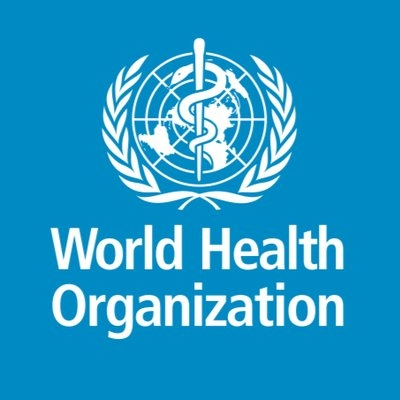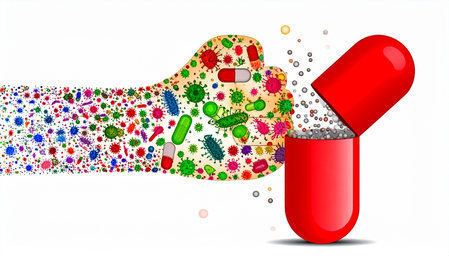
Geneva, Sep 24 (IANS) The World Health Organization (WHO) on Wednesday refuted claims made by US President Donald Trump on the link between autism and the use of paracetamol during pregnancy.
Speaking at a White House event on Monday, Trump called on mothers-to-be to “tough it out” rather than take acetaminophen (also known as paracetamol) — the main ingredient in Tylenol.
“There is currently no conclusive scientific evidence confirming a possible link between autism and use of acetaminophen (also known as paracetamol) during pregnancy,” the UN health body said in a statement.
As per the WHO data, globally nearly 62 million people (1 in 127) have autism spectrum disorder — a diverse group of conditions related to the development of the brain.
While awareness and diagnosis have improved in recent years, the exact cause behind the condition is not known yet, and multiple factors are known to be involved.
“Extensive research has been undertaken over the past decade, including large-scale studies, looking into links between acetaminophen use during pregnancy and autism. At this time, no consistent association has been established,” the WHO said.
Acetaminophen is the most commonly used over-the-counter medication taken during pregnancy, with more than 50 per cent of pregnant women using the medicine worldwide. It is widely used for headaches, pain, or fever by pregnant women.
It has been recommended by regulatory and clinical agencies as safe to use in pregnancy.
But Trump noted that “taking Tylenol is not good”, while also urging pregnant women to “fight like hell not to take it.” He added that only an “extremely high fever” could justify its use.
The WHO recommended that all women continue following the advice of their doctors or health workers, who can help assess individual circumstances and recommend necessary medicines.
“Any medicine should be used with caution during pregnancy, especially in the first three months, and in line with advice from health professionals,” WHO said.
The global health body noted that vaccine schedules for children “are developed through a careful, extensive, and evidence-based process”.
It “has saved at least 154 million lives over the past 50 years” and safeguards children, adolescents, and adults against 30 infectious diseases, the WHO said.
Delayed or disruption in immunisation schedules is likely to increase the risk of infection “sharply” not only for children, but also for the wider community.
–IANS
rvt/




